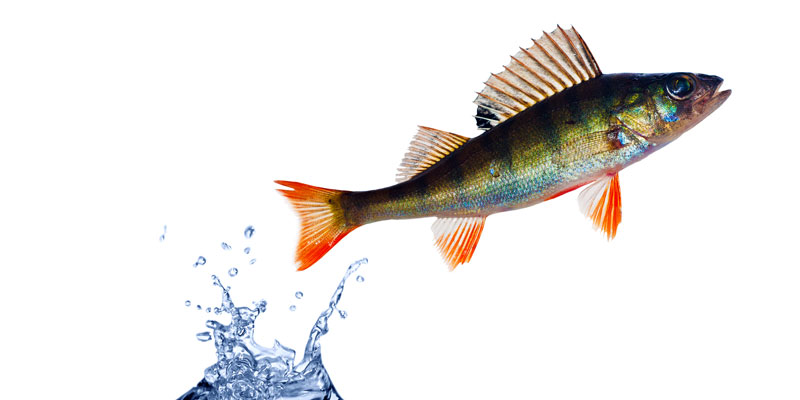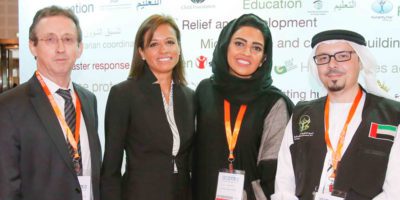Maria Pearson is an inspirational and experienced people development professional, with over 20 years’ experience across the Middle East region and this expertise has led her to work with businesses around the globe, leveraging the diversity of the group, to create lasting results. When working with Emirates Airlines, she developed a passion for ‘human factors’ and the impact of cultural diversity on workplace performance. As the CEO and Founder of grow.ME, she works with a team of seasoned industry experts to help organisations connect people performance to achieve outstanding business results.

A wise man once said, “A fish discovers its need for water only when it is no longer in it. Our own culture is like water to a fish.”
Managing cultural diversity
Managing cultural diversity is an integral part of life in the Middle East and nowhere more so than in business. As a melting pot at the centre of the world, people come together with vastly different experiences and expectations; in essence we are all fish out of water. A common assumption when moving to the region is, “It worked at home in my old company or team, so it will work here”.
New rules
Understanding that the new environment has a different set of rules, the background of people you interact with, including their perspectives in the work place is the critical success factor to achieving results.
Every person’s cultural DNA is as individual as their fingerprints. To categorise people from a particular group as being all the same, can lead down the pathway of stereotyping. Not the way toward a constructive working relationship?
Leaving your cultural comfort zone
It is only when we leave our cultural comfort zone, that we truly become aware what is important to us as a person. Commonly referred to as culture shock, this process is the personal transition we make when we move from one environment to another.
When said in an interview, “I want to meet people from different places,” can quickly become a vastly different reality. What begins as different and interesting can quickly turn to embarrassment, tension and frustration when those differences do not fit with how we make sense of the world. If left unexplored, these differences can cause us to withdraw, become hostile and create biases, which impact our ability to be effective.
When I work with managers that are new to the region, some common frustrations are described as:
- Why are they always late or distracted in a meeting?
- Just give me a straight answer rather than a story which I don’t understand.
- Brain storming is for ideas – I don’t want you to agree with everything I say…
- You are telling me now that you cannot deliver. When did you know this?
Cultural pain points
These are all examples of cultural differences. Research has identified a number of cultural pain points which cause misunderstanding, stress and conflict. Commonly these relate to time and how it should be used, how respect should be demonstrated, the importance of relationships and the style and content of communication.
Within the Middle East, the relationship is central to achieving results and is gently woven into every aspect of how business is done. Building relationships takes time, patience and a willingness to be open.
Time is a cultural construct: Is the best use of time about getting a task done, or should you use time to strengthen the bonds between colleagues and contacts? These will be the people that help you get things done.
Within a discussion, rather than getting straight to the point, respect for “face” or maintaining the relationship can mean storytelling to illustrate a point will be the best way to get your message heard.
Quite often, delivering bad news is avoided at all costs. To maintain “face”, if asked a direct question, the answer will be “yes”, to avoid embarrassment. Everybody will know a task will not be achieved on time, but to say this openly would cause a problem in the relationship.
Tips to navigate around cultural differences
So how do you get around this? Use open questions to discuss the challenges and track to see what support is needed. My favourite phrase is; “What might be difficult about this, and how can I help you?”
There is no book of instructions to follow, but certain attitudes can help.
Admit that you don’t know
Some situations will not make sense; your assumption may not be correct.
Suspend judgements
Collect as much information as possible before judging a situation. Ask questions, listen and be open to different viewpoints.
Be comfortable with ambiguity
The more uncertain a situation seems, the more we try to seek control by applying what we know. Listen and inquire to understand the differences; quite often there will be more similarities than you think.
Every environment has its own rules; the global cross section of the Middle East workforce makes this even more challenging because of the variety of rules in any one group. Set yourself up for success and gain insight with strong relationships.
http://ae.linkedin.com/pub/maria-pearson/a/505/386





